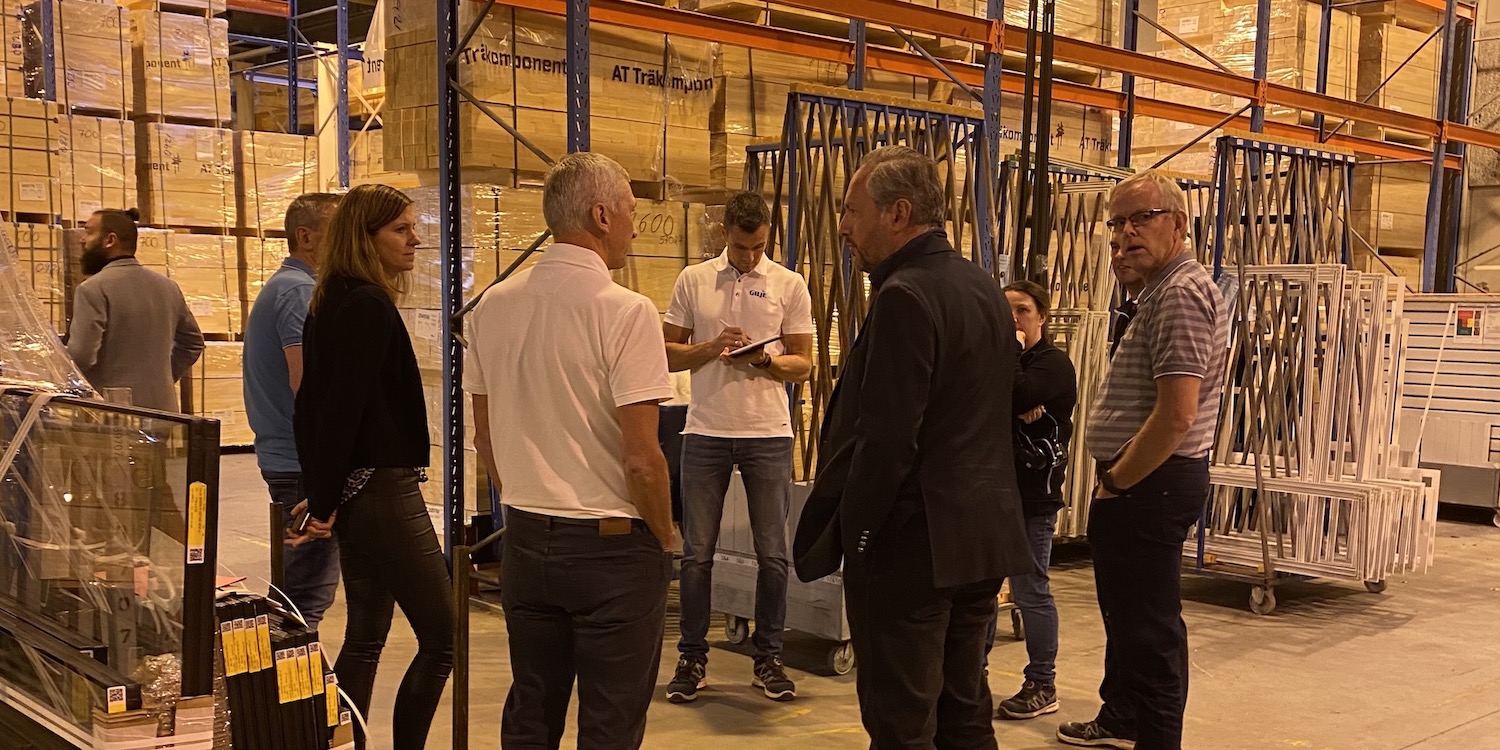
The lean lessons from the United Airlines controversy
COLUMN – Last month a video surfaced of a passenger being forcibly removed from an overbooked United Airlines flight and the Internet went ablaze. What does this story tell us about the relationship between profitability and customer value?
Words: Boaz Tamir, President, Israel Lean Enterprise
In the 2017 budget for United Airlines that CEO Oscar Munoz presented to the directors for approval, one point stood out: the plan to find $3.1 billion in savings and additional revenue, aimed at increasing profits. Did anyone raise any questions about the possible implications of such a decision on the quality of service, on customer value, and on the company's standing in the market? I doubt it.
It didn't take long for United's approach under the new plan to be put to the test. On April 10th, minutes before flight 3411 left Chicago for Louisville, crew members announced that, due to overbooking, they were looking for four volunteers who would get off the plane (in exchange for a $800 voucher to be used for other, future United flights). No one volunteered, and the crew proceeded to randomly selecting four passengers. When one of the "lucky" customers – an American doctor of Vietnamese descent, David Dao – protested and refused to deplane, the police was called in. They forced him out of his seat and dragged him, bruised and bleeding, out of the aircraft. No Louisville for you today, Doc. Just a trip to the ER.
No one tried to stop the brutality of the law enforcement personnel, nor did the captain or the crew members express any doubts or concern over this out-of-control reaction (many would add out-of-proportion). Where was the humane treatment that every customer – or rather, every person – expects and deserves?
From the United point of view, the whole thing could have ended as just another unpleasant incident. However, as it often happens in the age of social media, several passengers – who didn't lift a finger to help Dao – improvised themselves as journalists, filmed the whole scene, and posted it online. The videos quickly became viral and the incident became a PR and commercial disaster for United Airlines, whose value dropped by approximately $1 billion in just one day. Outrage ensued, made worse by the questionable statement of the airline's CEO, who said he apologized for having to "re-accommodate" those four passengers.
If we analyze the event with United Airlines' formal purpose in the background, we immediately notice a strong conflict between its "customer commitment" and its actual behavior. The company wants to provide value in the form of rapid and safe mobility, to enable a passenger to reach a given destination on time and in one piece. A ticket is, therefore, a contract between the passenger and the airline, and the sense of powerlessness resulting from that contract being broken is a price that no passenger is willing to pay. The events on fight 3411 seem to suggest that the company's purpose (see: Our United Customer Commitment) has taken a back seat in the name of increased profits.
What is the relationship between overbooking (a practice common to most airlines), the abysmal treatment of a passenger who refuses to give up his seat, and management's plan to cut costs and increase efficiency? This is more than a cause-and-effect discussion. It is a matter of walking that fine line between increasing profits for stockholders and creating value for the customers, without whom there can be no profits. It seems that United (like many other organizations) has picked the former and decided to neglect the latter. Instead, they should be thinking in reverse: creating sustainable profitability for stockholders by creating true value for the customer.
The United debacle appears even more striking when compared with the success achieved by Southwest Airlines, which is currently one of the most profitable American airlines. Their story proves that value for the company and value for the customer are not mutually exclusive. (Southwest Airlines' mission is to "connect people with what's important in their lives through friendly, reliable, and low-cost air travel.")
Dr. David Dao wanted to arrive in Louisville, but he got on the wrong flight. The nightmarish treatment he received turned into a business message for United's stockholders and management, which I hope they'll be willing to listen to. But it's not only United Airlines that should be learning this lesson: every top manager who thinks he can increase the efficiency of its machines without investing in human capital (people capabilities) and improving processes to better serve customer needs should listen very carefully.
Managers who don't commit to a customer-focused purpose can at any moment find their company on the same slippery slope United finds itself on. When the moment of truth comes, the human response they'll get in the face of a tricky situation will depend entirely on the problem-solving capabilities they have developed in their people, and this will reveal the true colors of the company. Which one is it in your business – profits for stockholders at the cost of sacrificing value or value for customers for long-term sustainability?
THE AUTHOR

Read more


GETTING TO KNOW US – We sit for a chat with the President of Institut Lean France. Not only has ILF created a vibrant community of lean CEOs in France; it also launched one of the most innovative lean events out there.


CASE STUDY – This Shared Service Center in Poland has leveraged lean, technology, and automation to completely transform itself and provide an ever-better customer experience.


FEATURE – Fresh from a number of visits to Norwegian gemba, the authors share their reflections and discuss the importance of making the information flow visible.


INTERVIEW – Planet Lean talks with Drew Locher about bringing change to an office setting, lean in small- and medium-sized firms and why improving and managing go hand in hand.

